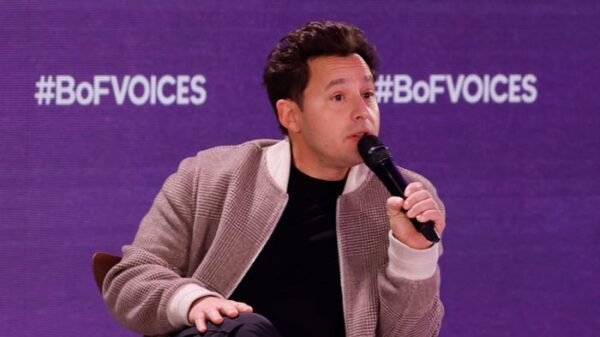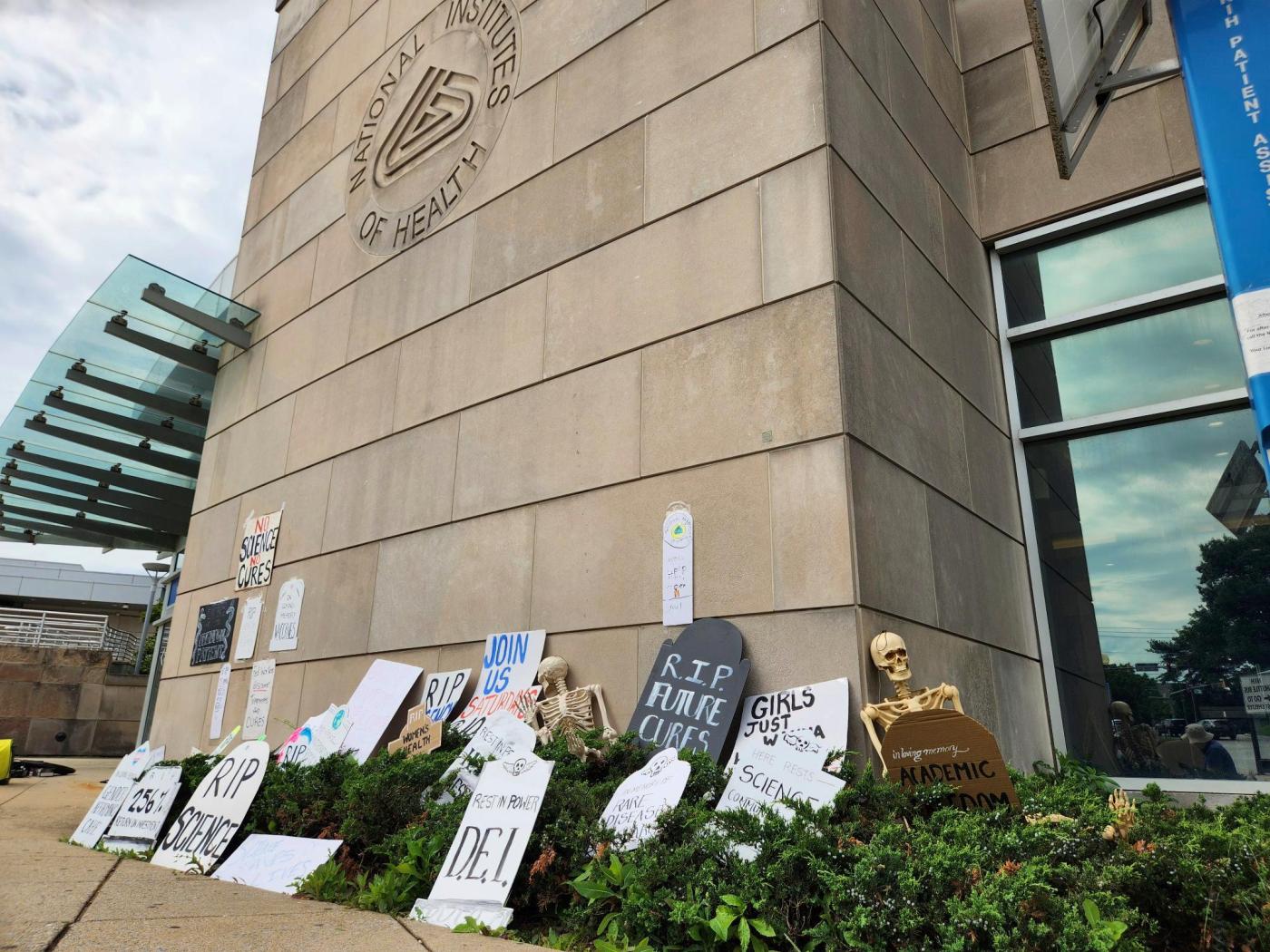Cuts to the National Institutes of Health (NIH) have sparked outrage among families reliant on medical research for vital treatments. Parents like Rebecca Myers, whose child suffers from a rare genetic disorder known as PIK3CA-Related Overgrowth Spectrum (PROS), are voicing concerns that these reductions jeopardize the future of essential health services. Myers emphasized that her daughter’s stability is a direct result of the research funded by the NIH, which has been criticized for significant budget cuts under previous administrations.
Myers articulated her frustration with U.S. Representative Jen Kiggans, stating that Kiggans’ recent votes to reduce funding for essential services, including Medicaid and SNAP, contradict her claims of supporting families. “Her promise to stand up for families like mine rings hollow,” Myers stated. She asserts that the ongoing attacks on scientific research are detrimental to families who depend on such advancements for managing chronic health conditions.
The NIH has faced scrutiny for budget cuts that critics argue undermine public health research. According to various reports, these reductions could adversely affect ongoing studies and the development of new treatments. Myers highlighted the personal impact of these cuts, noting that many families might not be able to celebrate milestones like birthdays if critical funding is lost.
In a separate vein, the political landscape in Virginia has also stirred controversy. The candidacy of Republican figures such as Lieutenant Governor Winsome Earle-Sears and Attorney General Jason Miyares has been challenged regarding their alignment with former President Donald Trump’s polarizing remarks about immigrants. Questions have been raised about how these candidates view Trump’s statements, particularly concerning their implications for immigrant communities in Virginia.
Critics have characterized the current Republican ticket as out of touch with the diverse population in the state. The dialogue surrounding immigration policies has intensified, with calls for candidates to clarify their positions on critical issues affecting communities.
In a lighter yet equally charged discussion, American Eagle’s recent advertisement featuring actress Sydney Sweeney has generated mixed reactions. The tagline “Sydney Sweeney has great jeans” plays on the word “genes,” leading to accusations from some commentators of promoting pro-eugenics sentiments. While some viewed the ad as clever marketing, others expressed disapproval, raising questions about the appropriateness of such messaging.
Despite the backlash, American Eagle reported a significant stock surge, indicating that the marketing strategy resonated positively with a majority of consumers. A YouGov poll showed that 52% of U.S. adults found the advertisement’s wordplay acceptable, while only 16% deemed it inappropriate. This suggests that, while controversy can ignite debate, it can also drive visibility and sales for brands willing to take risks.
As these discussions unfold, the implications for both public health and political representation remain critical. Families like Myers’ are calling for leaders who prioritize health research and advocate for policies that protect vulnerable communities. In contrast, the political landscape reflects a growing divide over issues of representation and inclusion, particularly concerning marginalized groups.
The stark realities of health policy and political rhetoric serve as reminders of the significant impact these issues have on everyday lives. As the debate continues, the voices of affected families and communities will play a crucial role in shaping future policies and leadership accountability.





































































